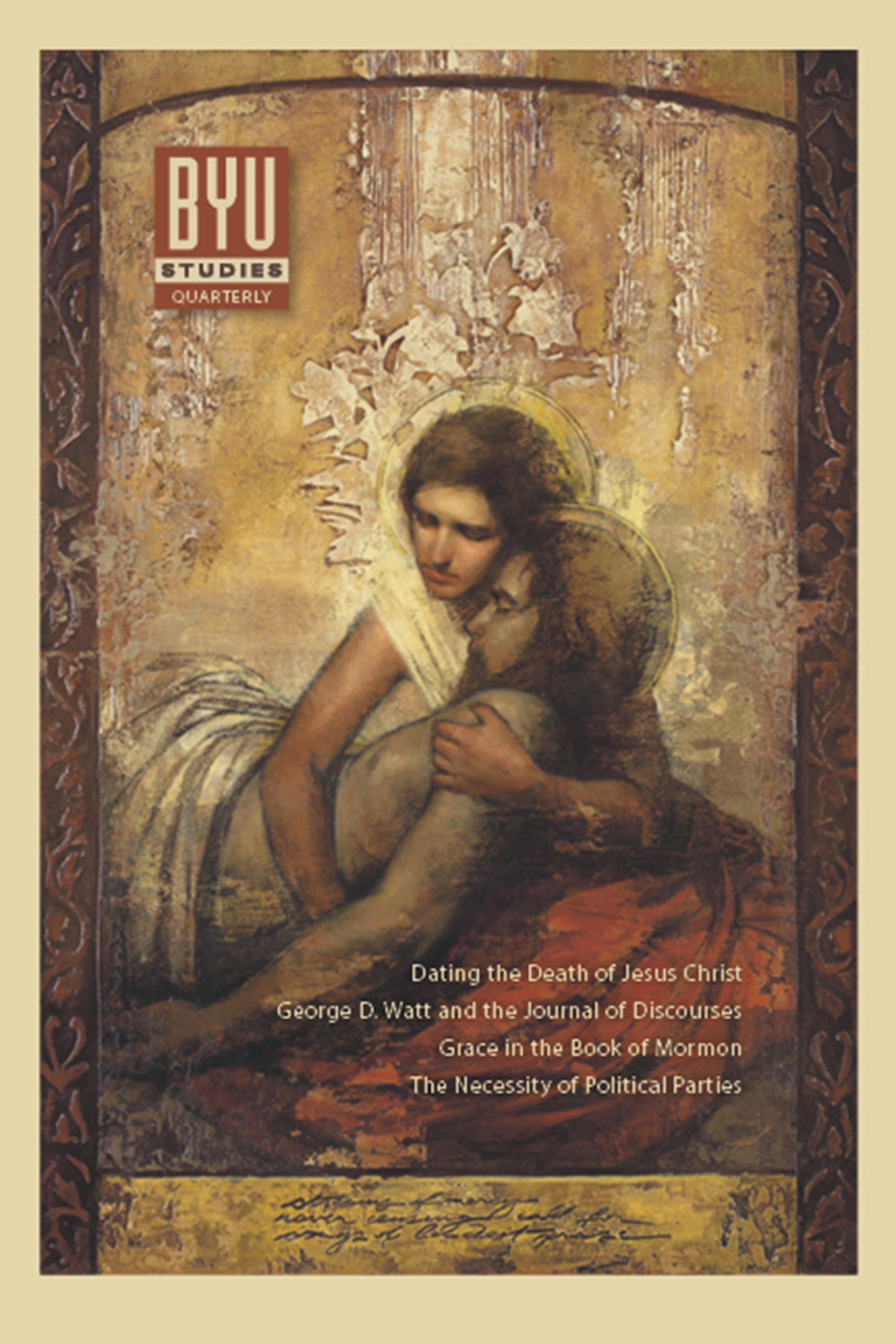
Vanessa Farr, based in North America, has commented on my work and supplied me with articles (and even a copy of a West text) unavailable in British Libraries. A band of friends flung far and wide have provided immeasurable support. Among the librarians who have helped me, I am especially grateful to Lori Curtis, Associate Curator of Special Collections, McFarlin Library, Tulsa University, for her always helpful responses to my queries and requests, and for her friendship. I thank her for her inspiration, for constant encouragement and her unwavering belief in my work, despite all my doubts. My special thanks also go to Professor Julia Briggs for supervising my thesis in Oxford and for persuading me that Rebecca West deserved a thesis of her own. I am especially grateful to Professor Merle Williams and Dr David Medalie of the English Department for their joint support for my research, as mentors and friends. Opinions expressed in this thesis and conclusions arrived at, are those of the author and are not necessarily to be attributed to the above body. The financial assistance of the Centre for Science Development towards this research is hereby acknowledged. The Prestige Scholarship awarded by the Centre for Science Development made up the deficit. The Harold and Doris Tothill Bequest Fund Overseas Scholarship constituted a portion of the funding necessary. I am particularly grateful to Professor Brian Cheadle and Professor Merle Williams for their support of all my applications for funding. I am grateful to the University of the Witwatersrand, where I first began research on my thesis, for financial assistance both towards research and towards my returning to Oxford to complete the D. Chapter Seven argues that The Judge (1922) offers a cumulative history of West's literary and feminist apprenticeship, at once completing the cycle begun with "The Sentinel" and initiating a different stage of writing for West during the twenties.Īcknowledgements In writing this thesis, I have been reliant on a variety of important resources - financial, intellectual and personal. Chapter Six is a transitional one, describing the effect of the war and its aftermath on contemporary feminist ideology, and evaluating Rebecca West's attempt to position herself as a writer and a feminist in relation to these changes. This material provides an important context for the analysis of The Return of the Soldier in Chapter Five. Wells, Ford Madox Ford and Henry James is discussed in relation to West's preoccupation with the role of women during the Great War. Chapter Four shows how the war provided a cutting edge and a point of definition in West's writing at this time, both in her consideration of the role of art and of the gendered structures of society. West's unsuccessful attempt to rewrite "The Sentinel" as the novel, Adela, is discussed in relation to selected feminist articles and the short story, "Indissoluble Matrimony", illustrating her attempts to adapt her feminist interests to aesthetic ones. Chapters Two and Three consider the impact on West's journalism and fiction of her associations with the radical feminist journal, The Freewoman, and her introduction to avant-garde writers. Many of West's pervading interests are already evident in the novel, illustrating in retrospect how her writing was shaped by differing literary contacts, feminist affiliations, the war and personal experience.

The first chapter is concerned with identifying, dating and examining the significance of "The Sentinel" as source material for West's later published fiction and non-fiction. The limited time-frame of this study, 1910 to 1922, magnifies West's writing processes to reveal her self-conscious negotiations as a woman writer with the ferment of ideas and changes arising during the pre-war and war period, particularly in relation to contemporary feminism and an emergent male modernist aesthetic. The recovery of West's writing into a female modernist canon provides a useful starting point, although the intertextual analysis of West's fiction and non-fiction during this period will show that this kind of categorisation is an inadequate representation of the complexity of her work. "The Sentinel", although incomplete and unrevised, is a key text to an understanding of West's early literary and feminist apprenticeship, helping to enrich reconsiderations of West's oeuvre in recent criticism. This thesis aims to re-examine the first decade of Rebecca West's literary and journalistic career, based on an analysis of a newly discovered novel West began writing in 1909/1910.


'THE SENTINEL' AND THE EVOLUTION OF REBECCA WEST'S EARLY WRITING, 1910-1922 Kathryn Laing St. Thesis submitted in partial fulfilment of the requirements for the degree of Doctor of Philosophy 'THE SENTINEL' AND THE EVOLUTION OF REBECCA WEST'S EARLY WRITING, 1910-1922


 0 kommentar(er)
0 kommentar(er)
